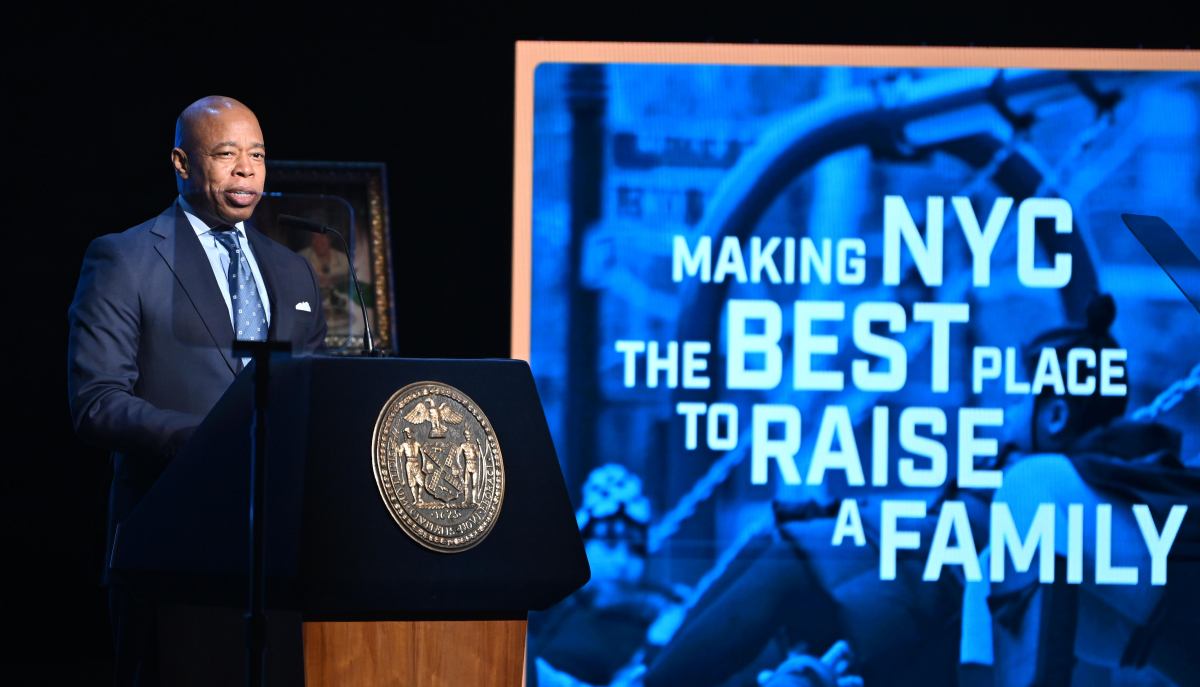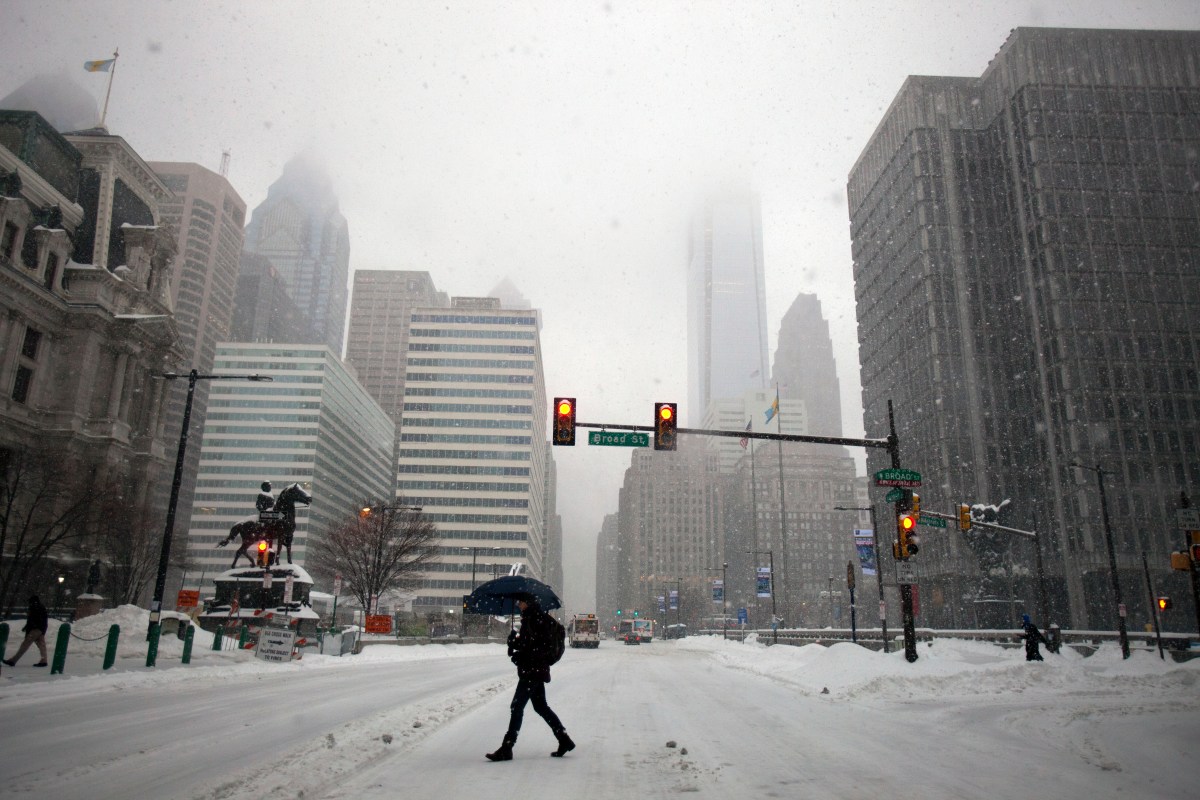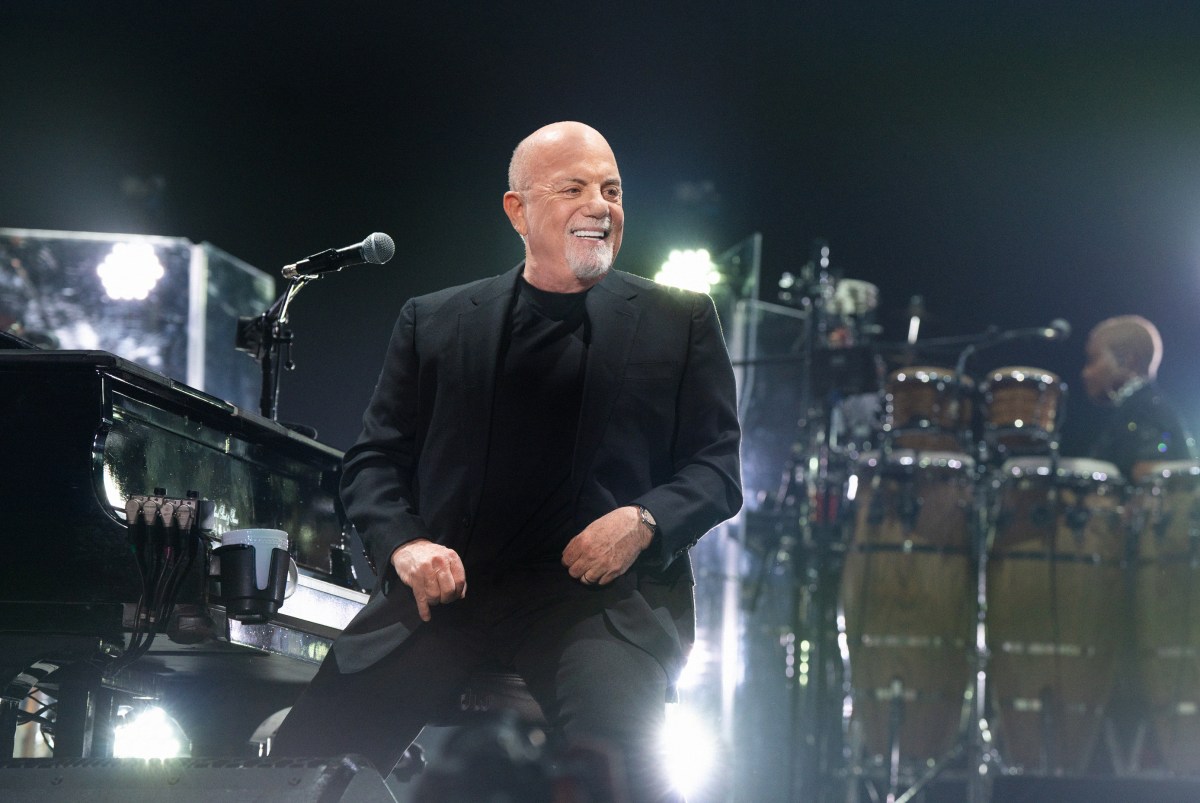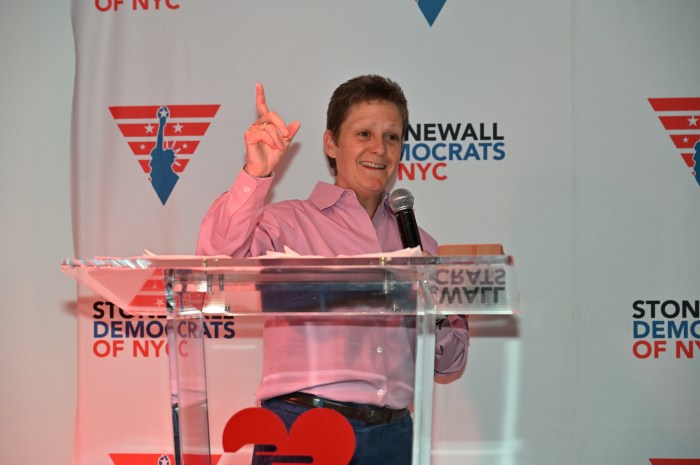 Simon Pegg attends the world premiere of “The World’s End” last month in England.
Simon Pegg attends the world premiere of “The World’s End” last month in England.
Credit: Mark Cuthbert/UK Press
For the finale in director Edgar Wright’s so-called “Cornetto Trilogy” — following “Shaun of the Dead” and “Hot Fuzz” — actor and co-writer Simon Pegg wanted to play something other than the nice guy. Enter the loudmouthed, stuck-in-the-past Gary King, who reunites his reluctant high school chums for a night of binge drinking and nostalgia in “The World’s End.” While Gary is very much the hero of the film, he’s not exactly likable, and that’s entirely by design, according to Pegg.
“Selfishly, I wanted to be the overtly comic one in this,” Pegg says. “And I wanted to make Gary as maddening and irritating and difficult to like as possible because I knew ultimately there was an excuse for it. And also, it’s just a lot of fun to be such a dick. As an actor, it’s a gift.”
Pegg’s Gary was very much the top dog in high school, leading around his pals (played as adults by Nick Frost, Martin Freeman, Paddy Considine and Eddie Marsan) with little regard for how his future might play out. “I knew guys like that who were the absolute most popular boy. They were the best-looking, they were in a band, they were the lead singer of that band, they got all the girls — and then they never quite moved on past that,” Pegg says.
“That glory was so intense that anything that came subsequently was unfulfilling and that ate away at them, so that they started to live in the past and then eventually just became shadows of who they were in every way, all their potential lost. And it’s really sad. I wanted Gary to be at once maddening and lovable and dickish.”
Quite a tall order for the protagonist of a film. But then Pegg and Wright, as much as they revel in genre conventions in their comedies, are always looking to subvert mainstream expectations. That includes — not to give too much away — the ending of “The World’s End,” something Pegg sees as an antidote to the barrage of Hollywood endings. “I think the re-establishment of the status quo is a device which might anesthetize audiences a bit, might make them feel a bit nice when they leave the theater, but ultimately it makes you forget the film,” he says.
“When we go to the movies often, we see normality and then we see it disrupted, then we see it return to normal and that’s why we leave kind of thinking, ‘Oh, that was nice,’” he says. “When in actual fact, sometimes it’s good to upset the status quo completely and leave it undone. I think it’s more challenging to an audience to not give them necessarily what their comfort zone wants.”
The Comic-Con complex
A self-proclaimed geek and longtime comics fan, Pegg feels right at home at San Diego Comic-Con, where he and Wright brought “The World’s End” for an early U.S. unveiling. But given how much Comic-Con and the popular culture it celebrates have come to dominate the entertainment industry, Pegg admits he was a bit worried.
“I read an essay on America by Jean Baudrillard when I was at university and it was all about the infantilization of society and about how we are kept young by being fed — this is a very contentious subject here — arguably juvenile stuff,” he says. “It keeps us young because it keeps us in touch with our childhood, makes us more pliable, makes us a bit easier to control. It was all about the way that it suits the dominant ideology, late capitalism, to keep us in a state of arrested development because it makes us easier to convince to be consumers and stuff. And here we are.”





















